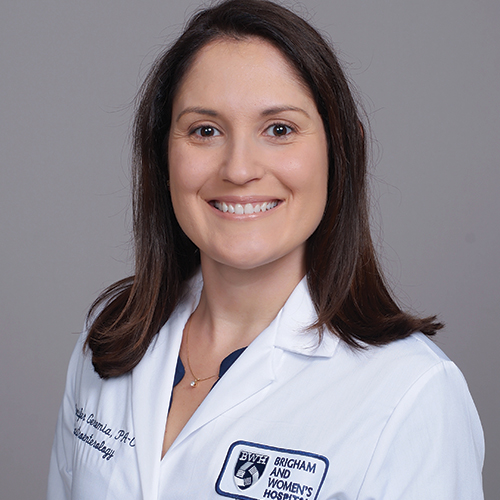Non-alcoholic fatty liver disease (NAFLD) is characterized by ≥5% hepatic steatosis unrelated to alcohol or drug use, primarily driven by metabolic dysfunction, obesity, and type 2 diabetes. It ranges from simple steatosis to non-alcoholic steatohepatitis (NASH), liver fibrosis, cirrhosis, and liver cancer, affecting 20-30% of the global population. Genetic factors like PNPLA3, TM6SF2, and MBOAT7 polymorphisms contribute to NAFLD risk. Dietary and environmental factors, along with inflammation and oxidative stress, also play key roles. Recent research emphasizes the gut microbiome’s importance in NAFLD progression, suggesting new treatments like probiotics, fecal microbiota transplantation (FMT), and dietary changes.
The gut-liver axis is crucial in NAFLD, as gut microbiome imbalances (dysbiosis) lead to increased intestinal permeability, liver inflammation, and fibrosis. Modifying the gut microbiome, particularly through bile acid alterations, presents a promising treatment pathway. Ursodeoxycholic acid (UDCA), a secondary bile acid with anti-inflammatory and anti-fibrotic effects, has shown potential in animal studies for improving liver function and modulating the gut microbiome. However, human trials have yet to show consistent histological improvements, necessitating further research into UDCA and gut microbiome therapies for NAFLD.
Reference: Mao Q, Lin B, Zhang W, et al. Understanding the role of ursodeoxycholic acid and gut microbiome in non-alcoholic fatty liver disease: current evidence and perspectives. Front Pharmacol. 2024 Mar 21;15:1371574. doi: 10.3389/fphar.2024.1371574. PMID: 38576492; PMCID: PMC10991717.

